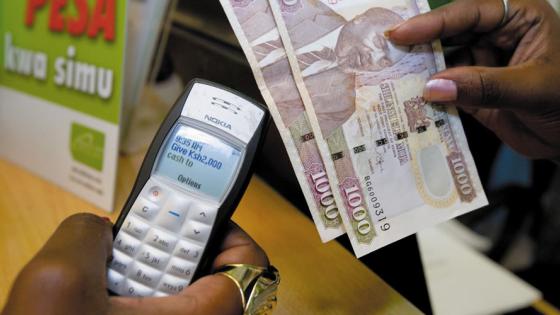The rise of mobile money in Africa: Benefits and challenges

Mobile money, also known as mobile banking, is a technology-driven financial service that enables users to access financial services through their mobile phones. This technology has gained immense popularity in Africa, where mobile penetration is high but traditional banking is limited. Mobile money services allow users to send and receive money, pay bills, and access other financial services using their mobile phones, without the need for a traditional bank account.
One of the key benefits of mobile money is its convenience. Users can access financial services from the comfort of their homes, at any time of the day or night. This is especially important in Africa, where the traditional banking system is often unreliable and inconvenient. Mobile money services also offer greater security compared to traditional banking methods, as users do not have to carry large amounts of cash with them.
The use of mobile money has seen a significant rise in Africa in recent years. With over 500 million mobile money users in the continent, mobile money has transformed the way Africans manage their finances. In this article, we explore the benefits and challenges of the rise of mobile money in Africa.
Benefits of Mobile Money in Africa
- Financial Inclusion: Mobile money has enabled millions of Africans to access financial services that were previously unavailable to them. With the majority of the population being unbanked, mobile money provides a means for them to save, transfer money, and pay for goods and services.
- Convenience: Mobile money has made financial transactions more convenient for Africans. Users can send and receive money from their mobile phones, without the need to travel to a bank or a physical location. This has led to a significant reduction in transaction costs and increased accessibility to financial services.
- Economic Growth: Mobile money has the potential to drive economic growth in Africa. It provides a means for small businesses to receive payments and access credit, which can contribute to the growth of the informal sector. Additionally, mobile money has the potential to increase financial stability by promoting savings and reducing the risk of cash-related crime.
Challenges of Mobile Money in Africa
- Regulatory Framework: The regulatory framework for mobile money in Africa is still in its early stages. There is a need for clear guidelines and regulations to govern the use of mobile money to prevent fraud, protect consumers, and ensure the stability of the financial sector.
- Infrastructure: Mobile money requires a reliable telecommunications infrastructure, which is still a challenge in many parts of Africa. Poor network coverage and unreliable electricity supply can affect the availability and efficiency of mobile money services.
- Digital Literacy: Many Africans, particularly in rural areas, lack the digital literacy required to use mobile money effectively. This can limit the adoption of mobile money and prevent some people from accessing financial services.
- Security: Mobile money transactions are susceptible to fraud and cybercrime. The lack of proper security measures can lead to financial losses and damage the trust in mobile money services.
Conclusion
Mobile money has transformed the way Africans manage their finances, providing financial inclusion, convenience, and the potential for economic growth. However, the rise of mobile money in Africa also presents several challenges, including regulatory, infrastructure, digital literacy, and security issues. Addressing these challenges is crucial to ensure the continued growth and success of mobile money in Africa.




